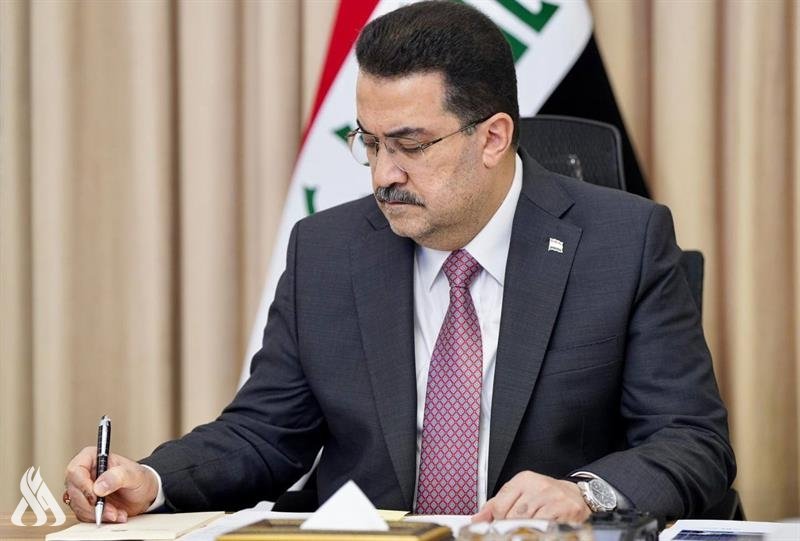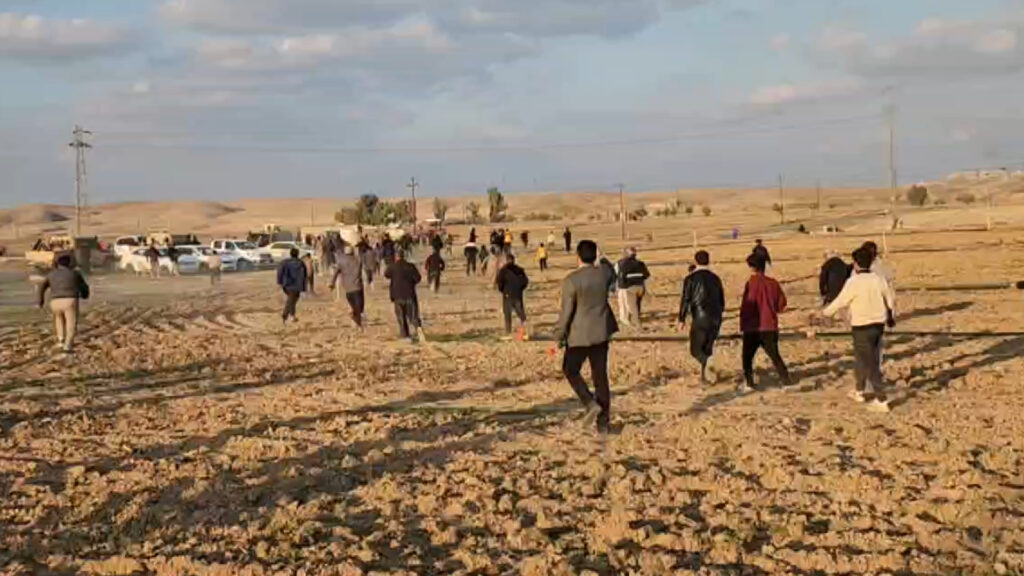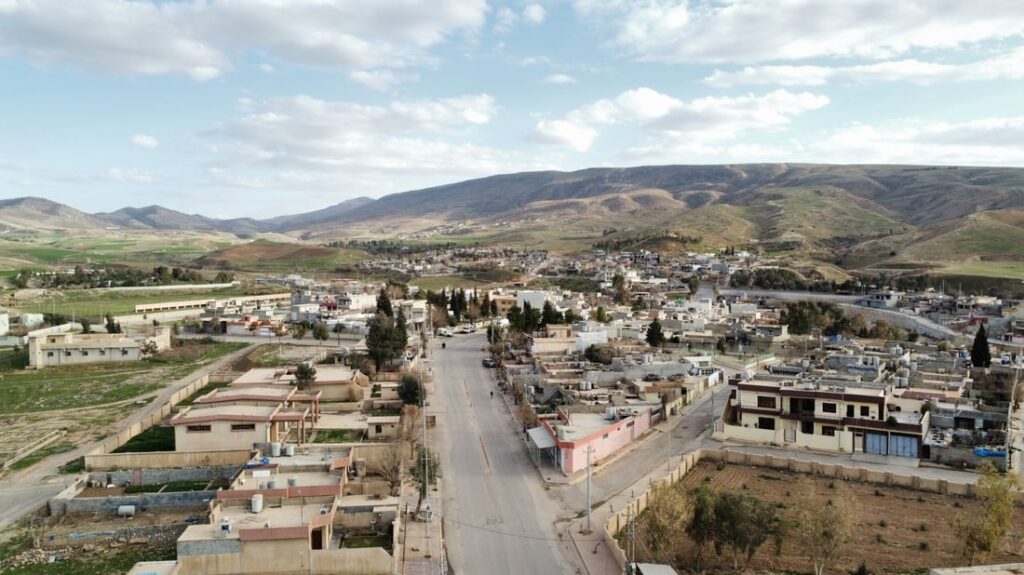ICJ president’s plagiarism in Israel opinion ‘reflects poorly’, experts say

Allegations of plagiarism in Julia Sebutinde's dissenting opinion on Israeli occupation reflect poorly on the acting president of the International Court of Justice (ICJ) and could call into question the competence of the court at a sensitive moment, experts told Middle East Eye.
Sebutinde, who currently holds what is arguably the world's most prestigious judicial position, has recently been accused of directly lifting several sentences almost word for word in her dissenting opinion written on 19 July.
At the time, a 15-judge panel found that Israel's decades-long occupation of the Palestinian territories was "unlawful" and that its "near-complete separation" of people in the occupied West Bank breached international laws concerning "racial segregation" and "apartheid".
While most judges agreed with the advisory opinion, Sebutinde rejected the court's findings.
Sebutinde's dissenting opinion contained at least three sentences very closely resembling statements from a December 2021 article by Douglas Feith, a former US official.
An additional four sentences were taken from the pro-Israeli advocacy website Jewish Virtual Library. The allegations were first uncovered by researcher Zachary Foster.
“In addition to reflecting poorly on the judge and being professionally embarrassing, it has institutional implications because Sebutinde is currently acting president,” Juliette McIntyre, a lecturer in law at the University of South Australia, told MEE.
“In that role, she has the casting vote in case of a tie between the judges.”
McIntyre, whose doctoral research focuses on ICJ rules and procedures, added that the incident meant Sebutinde’s decisions would be “considered less trustworthy”, which could be “serious for the court’s reputation” if she remains president.
Sebutinde, a Ugandan judge and former vice president of the court, assumed the role of acting president earlier this month following the appointment of its former president, Nawaf Salam, as Lebanon's next prime minister. She is currently serving her second nine-year term as an ICJ judge, which runs until 2029.
In January last year, the ICJ delivered an interim ruling calling on Israel to take urgent provisional measures in Gaza, including preventing acts of genocide, punishing incitement to genocide and refraining from impeding the delivery of aid.
Sebutinde was the only judge on the 17-member panel to vote against all six measures, a position opposed by the government of Uganda.
It remains unclear whether the ICJ will take any action against Sebutinde. No judge at the ICJ has previously faced similar allegations.
According to the court's rules, members of the court can be dismissed after a "unanimous opinion" by other judges that they are unfit for the role.
'Concerns about judgement and professionalism'
Michael Becker, professor of law at Trinity College Dublin, said the allegations should not damage the authority of the July 2024 advisory opinion on Israeli occupation or the broader credibility of the ICJ.
“None of the material that is the subject of these allegations had any bearing on the court’s conclusions in the advisory opinion, and Sebutinde’s views were mostly not shared by other judges,” he told MEE.
'These plagiarism allegations are likely to raise broader concerns about judgment and professionalism'
- Michael Becker, law professor
Becker, a former associate legal officer at the ICJ, said the allegations reflect poorly on Sebutinde, who failed to properly credit material that was reproduced verbatim.
“While this episode should not damage the court as an institution, the fact that this revelation coincides with Sebutinde assuming the role of acting president is unfortunate,” he said.
Becker added that regardless of whether a person agrees with the judge’s positions relating to Israel, “these plagiarism allegations are likely to raise broader concerns about judgment and professionalism”.
“At a time when the ICJ is more in the public eye than ever before and is dealing with a range of high-profile matters, the court can ill afford to have its competence or evenhandedness called into question.”
When approached by MEE for a response, Sebutinde declined to comment.
Reliability of sources 'questioned'
Mihai Martoiu Ticu, a writer based in the Netherlands, published a blog on Tuesday accusing Sebutinde of further instances of plagiarism in her dissenting opinion on Israeli practices in Palestine.
He found several paragraphs of the text that closely resembled content from “Palestine, Uti Possidetis Juris and the Borders of Israel”, a research paper written by Abraham Bell and Eugene Kontorovich in 2016.
Bell and Kontorovich were among three legal scholars who wrote to Israel’s political leadership in January of last year, asserting that Israel was not legally obligated to allow displaced Palestinians in northern Gaza to return to their homes.
Feith, whose column Sebutinde appeared to copy sentences from, served as under secretary of defence for policy in US President George W Bush's administration from July 2001 until August 2005, devising US strategy for the wars in Iraq and Afghanistan.
Read More »During that time, Feith was in charge of a key Pentagon office that produced "inappropriately written intelligence assessments before the March 2003 invasion alleging connections between al-Qaeda and Iraq that the US intelligence consensus disputed".
In 1996, Feith co-wrote a policy paper for Israeli Prime Minister Benjamin Netanyahu, recommending that Israel consider removing Saddam Hussein from power in Iraq and militarily engaging Syria using proxy forces.
The Jewish Virtual Library, from which Sebutinde also lifted content, is part of the American-Israeli Cooperative Enterprise (AICE), which says it "provides facts about the Arab-Israeli conflict" and fights the "delegitimisation of Israel".
Becker said that while plagiarism was problematic in itself, in the context of the ICJ, “the bigger concern may be a judge’s reliance on material that is not part of the judicial record”.
“This deprives the participants in the proceedings from having an opportunity to challenge the contents of such materials,” he said.
The former ICJ legal officer said that it was not uncommon for parties to include advocacy materials in their submissions to the court, which judges may choose to engage with.
“It is less common to see a separate or dissenting opinion making use of the types of materials that Sebutinde appears to have used.
“This is troubling when the reliability of the contents of these undisclosed materials has been called into question.”
'Normally, the judges leave the facts up to the parties and decide which version of the facts they consider more convincing'
- Juliette McIntyre, law lecturer
McIntyre said that judges usually base their opinions on the parties - or, in this case, participants, as it was an advisory opinion. Judges can also do additional research, she added.
“There is a principle, 'jura novit curia', which means that the court is expected to know the law, implying that the court will rely on its own knowledge and resources to reach its decisions.
“However, normally, the judges leave the facts up to the parties and decide which version of the facts they consider more convincing.”
Given that Sebutinde’s opinion was already considered an “outlier”, McIntyre said, the incident would only serve to “further diminish public opinion regarding the quality of her decision in this case”.







